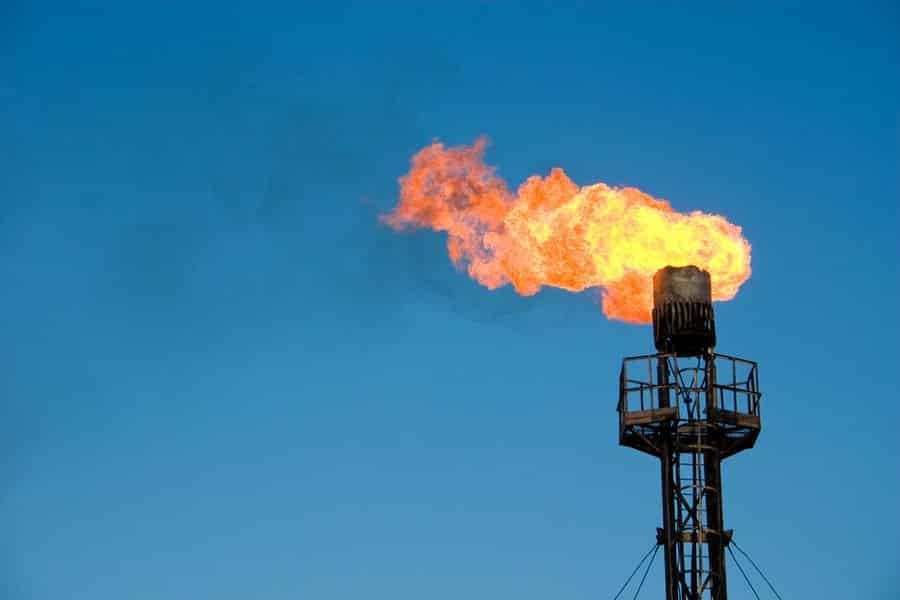$6B unlocked for industrial emissions
Stories & research that could impact what you or someone you know is building :)
Happy start of Q2 for those who practice. Today, we have the American government giving money (new grants) and taking money (new regulatory limits)— plus big news for nuclear and those who love Volvo’s line of diesel cars.
Headlines that impact
Other headlines. (aka cool things you should know about)
New Research. (to inform and inspire).
Company of the week
Let’s get into it.
Headlines that impact.
Cutdown season for industrial emissions
The U.S. Energy Dpt awarded $6 billion in funding for selected projects that reduce industrial sector emissions, which contributes about 25% of the country’s total emissions. With finance coming from the IRA and Bipartisan Infrastructure Law, 33 projects across 20 states will be focused on decarbonizing sectors like chemicals, cement, iron, steel, aluminum, food & beverage, glass, process heat, and pulp & paper industries. Noted in their announcement, close to 80% of these projects are located in “disadvantaged communities".
What kind of projects got funded?
Kraft Heinz: installing heat pumps, electric heaters, and boilers at 10 of their facilities Reducing use of natural gas by 97%.
Cleveland-Cliffs Steel Corporation: installing 2 electric furnaces and one hydro-based ironmaking tech. Projected 1M tons of GHG avoided.
Heidelberg Materials: building an underground carbon capture-and-store plant. Projected 95% capture of CO2 emitted by cement plant.
Reading the tea leaves. This finally shows some incredible promise for the American industrial sector as we’re seeing the foundation gets laid down for a green transition. What will be interesting to watch is its ripple effect— the adoption of these initiatives among other big or smaller operations, complementary solutions, and the widespread accessibility of these technologies as they begin to imbed themselves into standard practices :)
Energy companies will pay up for gas waste
The Bureau of Land Management announced a rule that limits the amount of gas waste created during the production process— specifically from gas flaring, venting, and leakage. The volume-per-barrel threshold is set to result in royalty payments— aka, the Kevin O’Leary special— for all ‘avoidable’ gas waste.
Ultimately, the rule requires operators to reduce wasteful venting and flaring practices, conduct leak detection and repairs, and enhance their monitoring processes. It’s expected to generate over $50M in additional royalty payments made to federal taxpayers and Tribal mineral owners.
Reading the tea leaves. Reducing gas waste, specifically in flaring form, has been a commitment made by the U.S. and other countries during COP28 and earlier. Having these rules come to a final form does a lot to prioritize much-needed monitoring and detection solutions, both at a high level (@MethaneSAT) and at an operations level.
Other headlines. (aka cool things you should know about)
Volvo produced its last non-electric model. To meet its plan of only making electric vehicles by 2030, Volvo produced its last diesel-engine model, the XC90.
North Sea oil rigs required to decarbonize. The UK’s oil and gas regulator pushes companies to reduce emissions through electrification and low-carbon power and may block developments if steps aren’t taken.
Nissan plans to cut EV costs by 2023. By 2030, Nissan plans to reduce costs by nearly a third to compete with Chinese rivals— aiming to increase sales by additional 1M units by 2026, with 40% of vehicle sales being electric.
Support for nuclear energy on the global stage. 34 nations including the U.S., China, France, Saudia Arabia, and Britain committed their work to “fully unlock[ing] the potential of nuclear energy”. This commitment includes extending the lifetime of existing nuclear reactors, building new plants, and deploying advanced nuclear technologies.
New Research. (to inform & inspire).
♻️ Turning CO2 into sustainable fuel. Researchers from the University of Nottingham and others have successfully transformed CO2 into methanol, commonly used as commercial marine fuel or industrial solvent, through photocatalysis.
🪸 Artificial reefs to protect marine life. A team of MIT engineers designed a cement-based reef that can reduce wave impact while also providing pockets for marine life.
🦠 Another bio-alternative to traditional plastics? Researchers at Hokkaido University have developed a method to create recyclable polymers from plant cellulose, offering a sustainable alternative to traditional plastics.
🎨 Cool paint coatings can reduce heat. NTU researchers demonstrated that cool paint coatings can make pedestrians feel cooler by up to 1.5 degrees Celsius in urban areas, offering a solution to reduce urban heat island effects.
Company of the week:
⚡️ Terra Power, a nuclear energy company founded by Bill Gates, which just announced its plans to begin building a “next-generation” nuclear reactor in Kemmerer, Wyoming at the start of June.





